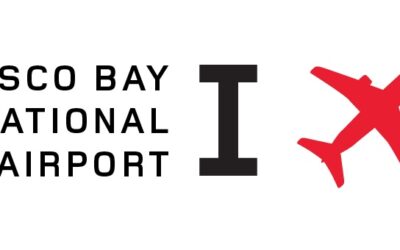The city of Chicago has canceled its 99-year, $2.52B sale of Midway (MDW) after the Midway Investment and Development Co. failed to find the funding necessary to complete the deal.
As a condition of the deal, the city will keep $126M in earnest money from MIDCo, a consortium made up of Citi Infrastructure Investors, John Hancock Life Insurance Co. and Vancouver Airport Services, a private consulting firm with ties to Vancouver International (YVR).





